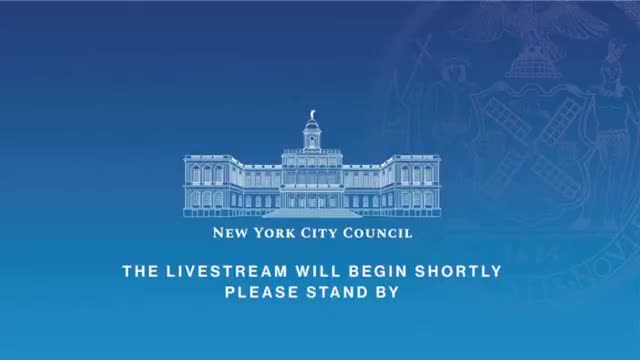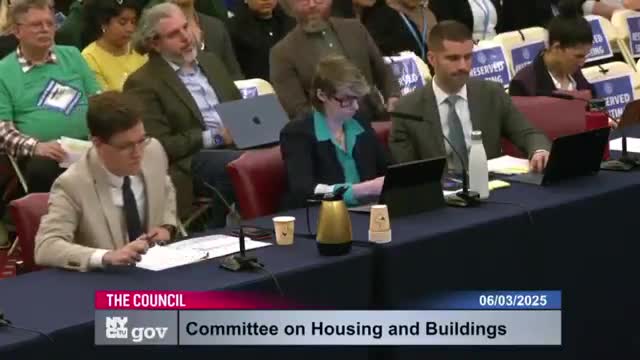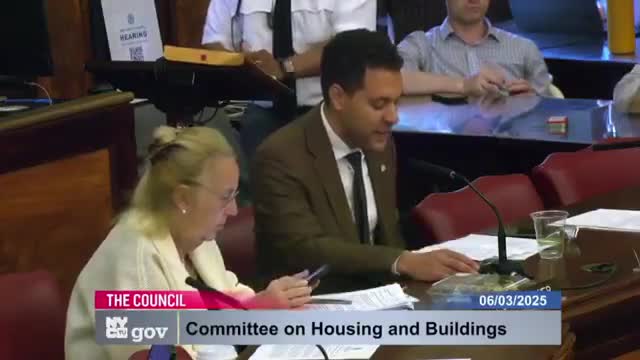Article not found
This article is no longer available. But don't worry—we've gathered other articles that discuss the same topic.

City Council hearing spotlights ‘Community Land Act’ package as route to permanently affordable housing

Department of Finance backs intent to expand outreach on rent‑freeze programs but says it lacks household contact data

